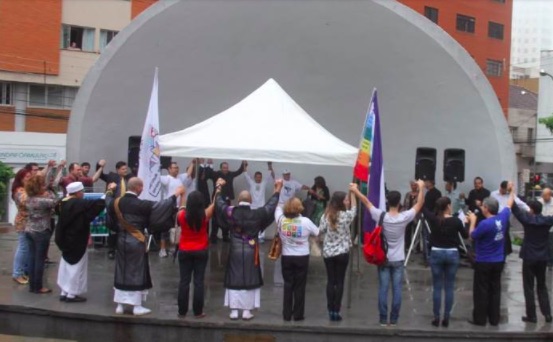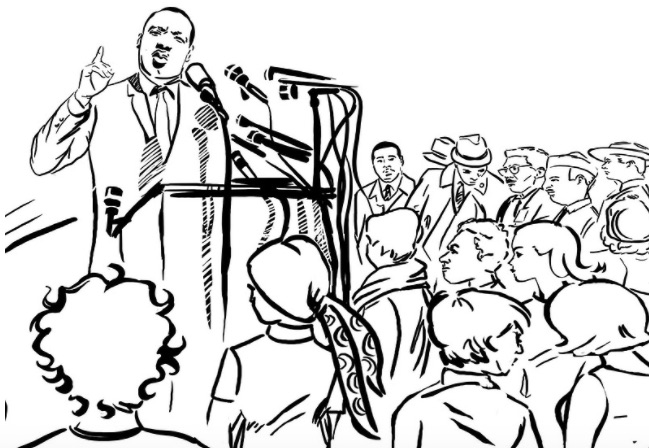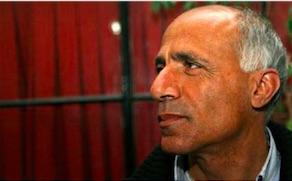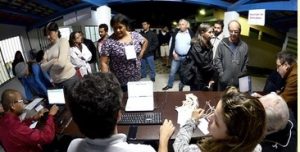…. HUMAN RIGHTS ….
An article from República
PIT CNT [Uruguay’s main trade union center] is planning a strike for the third week of February, with “massive” mobilization, where all social organizations will be called, not just trade unions, to demand the “construction of peace, tolerance and dialogue,” according to President Fernando Pereira.
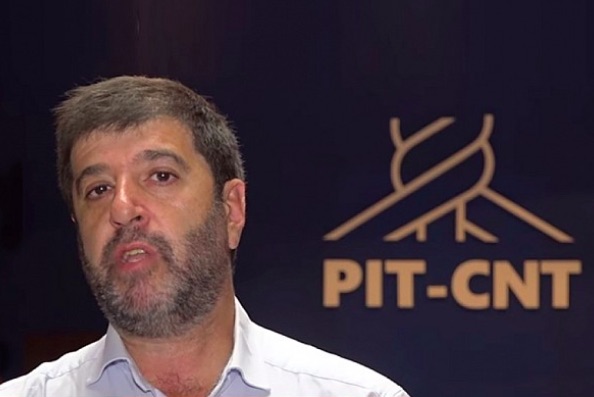
Fernando Pereira
Hours before the stoppage in response to the acts of violence experienced in recent days, two femicides in four days of the year, the death of a police officer at the end of 2017, the brutal death of a taxi driver and the murder of a union leader, something that in Uruguay had not happened for a long time, President Fernando Pereira said that the society needs “a day of mourning and reflection. We are not asking others to reflect, we are going to reflect and we are mourning.”
(Continued in right column)
(Click here for a Spanish version of this article.)
What is the role of organized labor in the peace movement?
(Continued from left column)
“Given these events, the trade union movement decided to call for reflection and mourning as an immediate response,” he said. “We called for it immediately so no one could say we were trying to stretch a long weekend. The solution was to act immediately and to postpone the other proposals that are on the table “.
Among the measures to be taken, the first one is to convene the Extended National Representative Board of the Union in the first week of February, in order to plan a mobilization for the third week of that month.
“We hope to have organizations linked to human rights, to feminism, to different religious beliefs, to all the members of society that want to participate in a massive call to build a culture of peace, tolerance and dialogue, rather than settling conflict through violence,” said the president of the union.
He recalled that there were 33,000 complaints from women about violence, “which marks a problem we have as a society. We can not look with indifference at the things that are happening, when a teacher is being beaten by a mother, or when rural workers commit acts of violence towards workers who claim their rights.”
At the beginning of the general strike called by the PIT CNT, at the door of the company Viana Trasporte, where the trade unionist of the SUTCRA, Marcelo Silvera was assassinated in front of his partner and his son, dozens of people approached the facilities to make an escrache demonstration .
In front of the march, colleagues of the union carried a banner with an image of the victim, with the caption: “Marcelo Silvera Presente” and below the signature of the transport coordinator. The murderer of Silvera is serving a pre-trial detention while the trial against him is being prepared. Because it is an aggravated homicide, the person who fired the shots could receive a maximum penalty of 30 years in prison.
